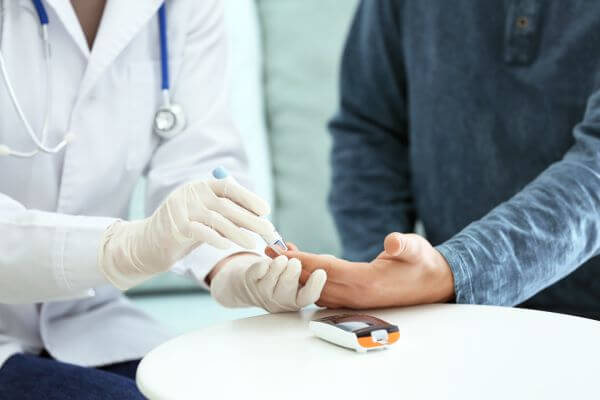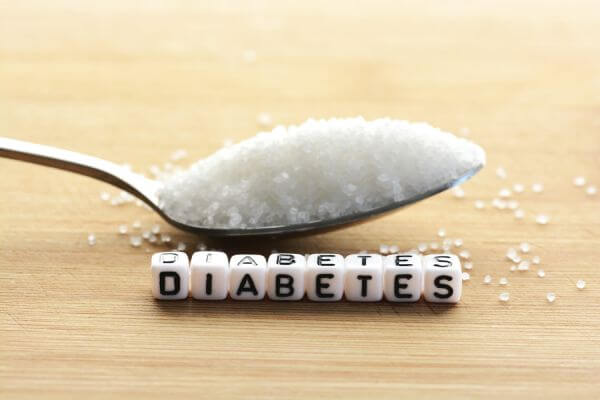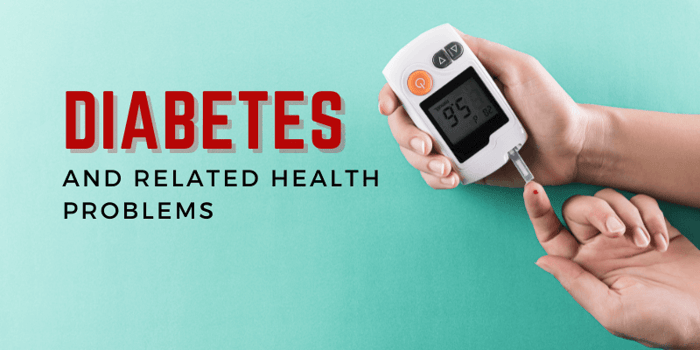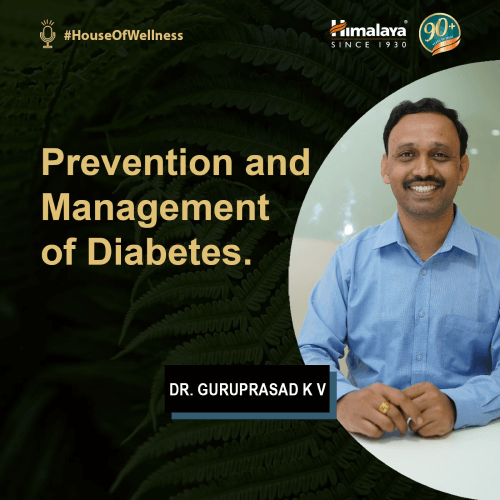This blog post talks about diabetes and its symptoms, causes for high blood sugar and low blood sugar, long-term complications of diabetes, and more.
Content:
- What is diabetes?
- What are the symptoms of diabetes?
- What happens if you do not control diabetes?
- What are the long-term complications of diabetes?
- Can a person suffering from diabetes lead a normal life?
- Tips for diabetics
What is diabetes?
Diabetes is a condition that results in increased sugar (glucose) levels in the blood. It is a serious disease, which, if not controlled, can be life-threatening.
Why does the blood sugar (glucose) increase in a diabetic?
The body produces insulin, which helps lower sugar. Deficiency of insulin can lead to sugar in the blood.
What are the symptoms of diabetes?
You may have diabetes if you have the following symptoms:
- Frequent urination.
- Increased thirst.
- Increased hunger.
- Blurred vision.
- Sexual dysfunction.
- Numbness and tingling of the feet.
If you experience such symptoms, consult your doctor immediately.

What happens if you do not control diabetes?
Uncontrolled diabetes can cause the following problems:
- High blood sugar.
- Long-term complications such as:
- Nerve damage or neuropathy.
- Kidney damage or nephropathy.
- Eye damage or retinopathy.
- Heart and blood vessel disease.
- Infections.
What causes high blood sugar (hyperglycemia) in a diabetic?
High blood sugar is called hyperglycemia and is caused by:
- Stressful conditions.
- Being ill.
- Not taking diabetes medicines properly.
- Failing to follow the advice of your doctor.
What causes low blood sugar (hypoglycemia) in a diabetic?
Low blood sugar is called hypoglycemia and is caused by:
- Overdose of diabetes medicine.
- Eating too little or not all.
- Exercising too hard or for too long.
Note: If you experience headache, fatigue, blurred vision, sweating, and dizziness, your blood glucose level might be low. Get your blood glucose level checked.
If your glucose level is low, or if you can’t test right then, eat or drink something with 15 grams of sugar right away, such as half a cup of fruit juice/soft drink, or 2 toffees, or 1 tablespoon of sugar.

What are the long-term complications of diabetes?
1. Nerve damage (neuropathy)
Diabetes damages the nerves in your legs and arms. This can cause tingling, numbness, burning, or pain that usually begins at the tips of your toes or fingers and gradually spreads upwards.
If not treated, you could lose all sense of feeling in the affected limb.
2. Kidney damage (nephropathy)
Diabetes can damage the delicate filtering system present in the kidneys, leading to kidney failure that requires dialysis or a kidney transplant.
3. Eye damage (retinopathy)
Diabetes can damage the retina of your eyes, which may lead to blindness.
4. Heart and blood vessel (cardiovascular disease)
The major complication of diabetes is damage to the heart and blood vessels, which can cause heart attack, stroke, and poor circulation.
Studies have established that the risk of heart attack and stroke is more in diabetics than non-diabetics.

5. Infections
High blood sugar impairs your immune system and increases your risk of infections.
Your mouth, gums, lungs, skin, feet, kidneys, bladder, and genital area are all susceptible to infection.
How can a person suffering from diabetes minimize or prevent complications?
The risk of complications associated with diabetes can be largely decreased with proper blood sugar (glucose) control and the maintenance of a healthy lifestyle.
Early detection of complications by routine medical examination also increases the chances that the damage can be reversed or minimized.
Can a person suffering from diabetes lead a normal life?
A diabetic should follow the four pillars of diabetes care to enjoy a healthy, normal life:
- Diet/nutrition.
- Physical activity.
- Blood glucose monitoring.
- Medication.

Tips for diabetics
- Always carry an identity card, which mentions that you are diabetic.
- Carry some sugar/chocolate with you.
- Take the prescribed medication regularly and avoid self-medication.
- Trim nails of fingers and toes regularly.
- Do not neglect a small injury/cut/delayed healing of wound.
- Follow the advice of your doctor, because he/she is the only person who can understand your control of blood glucose other than you.
- Stay active, do not allow diabetes to control you. Instead, learn how to control diabetes.
Every one of us has relied on the vast potential of healing herbs to cure illness and restore health.
In fact, many herbal formulations have provided amazing results and good support for modern medicine.
With reference to diabetes, Jambu, Karela, and Meshashringi are some herbs, which have been documented extensively for their favorable actions in controlling diabetes.
Extensive research and testing by Himalaya on such herbal ingredients have resulted in a safe, effective, and natural remedy for management of diabetes mellitus.
Note: Information in this article is not intended to be a substitute for professional medical advice. Do not use this information to diagnose or treat your problem without consulting your doctor.
ALL PICTURES SHOWN ARE FOR ILLUSTRATION PURPOSES ONLY.
You can listen to our podcast on Prevention and Management of Diabetes by clicking on the below banner.
Check out the General Health section for more blog posts on health, diet, and so on.
Explore the Himalaya Wellness blog for more useful articles.
 Himalaya Global Holdings Ltd. (Our Parent)
Himalaya Global Holdings Ltd. (Our Parent)





